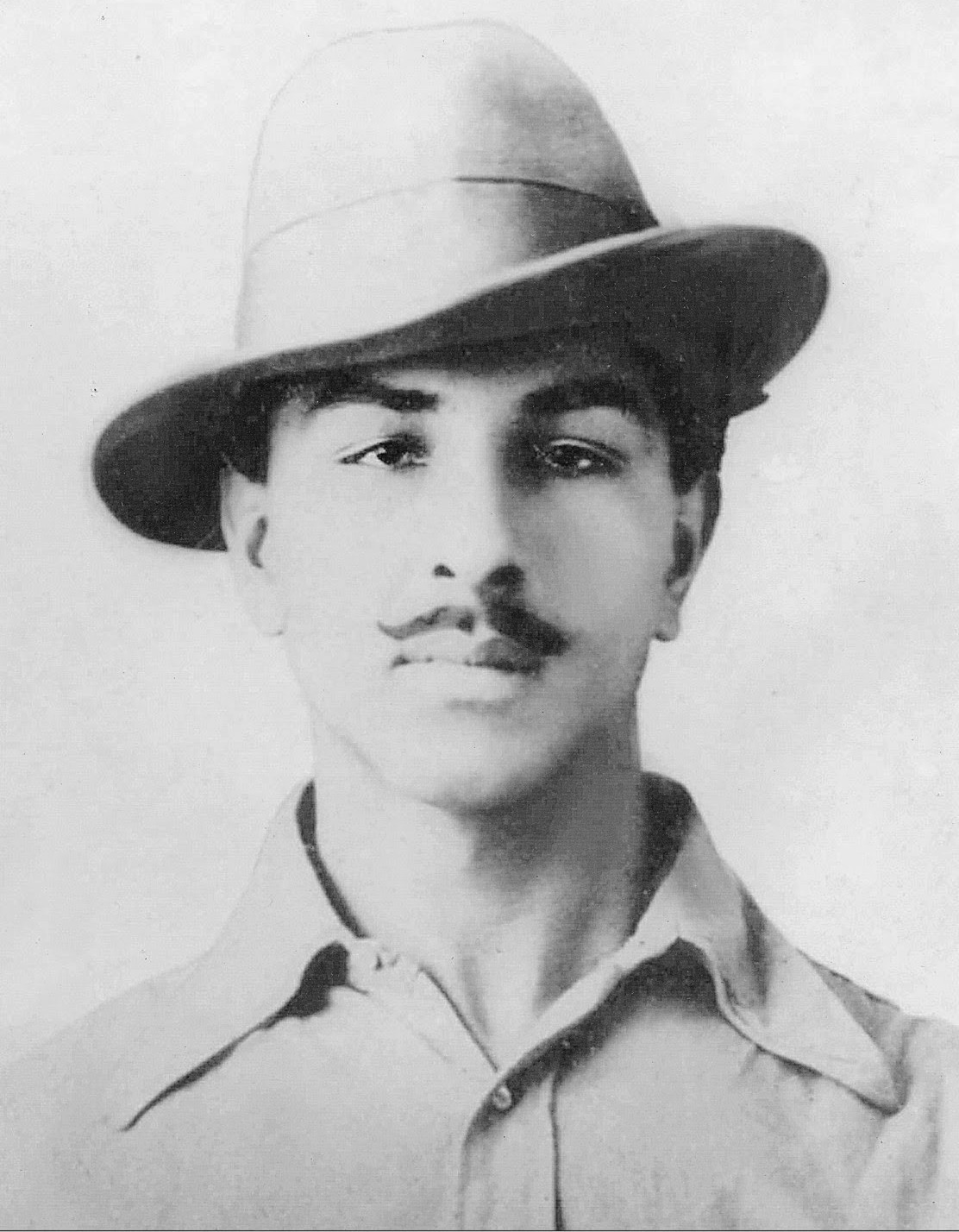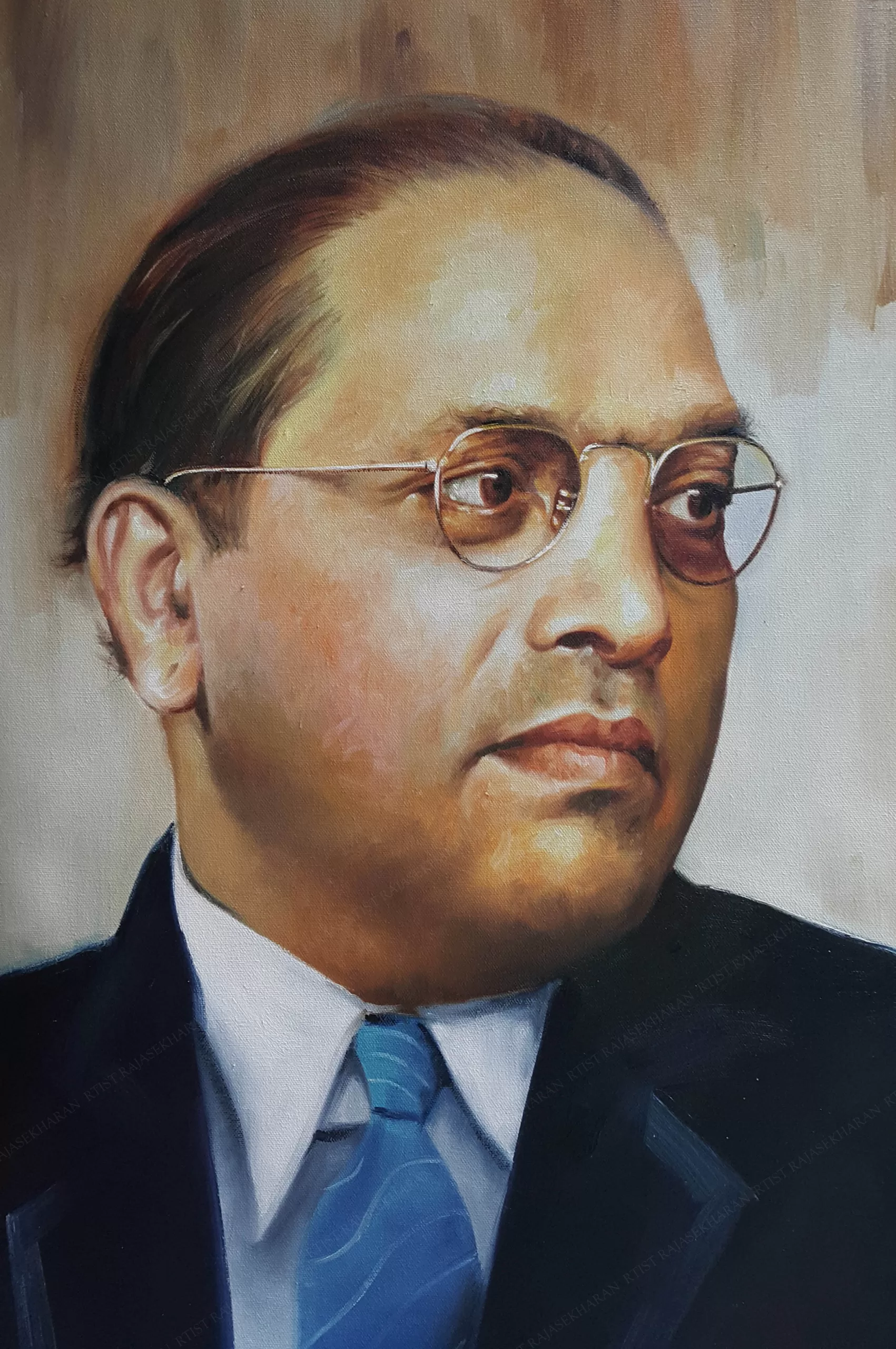Introduction
India’s history is woven with the stories of remarkable leaders who have shaped its destiny. Through their vision, dedication, and courage, these influential figures have left an indelible mark on the nation’s progress. From architects of the Constitution to charismatic freedom fighters, each leader’s journey is a testament to their unwavering commitment to India’s growth and freedom. Let’s delve into the lives of seven such influential Indian leaders who have played pivotal roles in defining the course of the nation’s history.
Dr. B.R. Ambedkar

Public Domain, via Wikimedia Commons
Born on April 14, 1891, in Mhow, Madhya Pradesh, Dr. B.R. Ambedkar is renowned as the chief architect of the Indian Constitution. His tireless advocacy for social justice and equality led to vital reforms, ensuring equal rights for all citizens. Interestingly, he was the first Indian to pursue a doctorate in economics abroad, which he earned from the London School of Economics. Dr. Ambedkar’s contributions continue to be a cornerstone in shaping India’s inclusive democracy.
Subhas Chandra Bose

Netaji Research Bureau, Calcutta, Public domain, via Wikimedia Commons
Born on January 23, 1897, in Cuttack, Odisha, Subhas Chandra Bose’s charismatic leadership was pivotal in India’s fight for freedom. He formed the Indian National Army (INA) and championed armed resistance against British rule. Notably, his slogan “Give me blood, and I shall give you freedom” resonated deeply with the masses. Bose’s daring escape from house arrest to seek international support remains a remarkable tale of determination and courage.
Sardar Vallabhbhai Patel

Government of India work, Public domain, via Wikimedia Commons
Born on October 31, 1875, in Nadiad, Gujarat, Sardar Patel’s visionary diplomacy united India’s princely states, forming a strong, united nation post-independence. His strategic negotiations resulted in the voluntary merger of more than 560 princely states into the Indian Union. This led to the creation of a harmonious and integrated nation. Patel’s contributions earned him the title of the “Iron Man of India,” symbolizing his determination and dedication.
A.P.J. Abdul Kalam

Lijesh K, CC BY-SA 3.0, via Wikimedia Commons
Born on October 15, 1931, in Rameswaram, Tamil Nadu, A.P.J. Abdul Kalam’s journey from a humble background to becoming a renowned scientist is inspiring. His groundbreaking contributions to India’s missile and space programs earned him the title “Missile Man.” As the 11th President of India, he ignited young minds with his vision for technological advancements. Kalam’s humility and dedication continue to motivate generations.
Lal Bahadur Shastri

India Post, Government of India, GODL-India, via Wikimedia Commons
Born on October 2, 1904, in Mughalsarai, Uttar Pradesh, Lal Bahadur Shastri’s leadership during the 1965 Indo-Pak war showcased his resilience and commitment to India’s security. His famous slogan “Jai Jawan, Jai Kisan” emphasized the importance of both the armed forces and the agricultural sector. Shastri’s call for self-reliance and his simple lifestyle earned him respect and admiration.
Bhagat Singh

Ramnath Photographers, Delhi, Public domain, via Wikimedia Commons
Born on September 28, 1907, in Banga, Punjab (now in Pakistan), Bhagat Singh’s indomitable spirit against colonial rule inspired many. His participation in acts like the Lahore Conspiracy Case demonstrated his unwavering commitment to the freedom struggle. Singh’s execution at the young age of 23 immortalized his sacrifice, making him a symbol of courage and patriotism.
Atal Bihari Vajpayee

Government of India, CC BY-SA 4.0, via Wikimedia Commons
Born on December 25, 1924, in Gwalior, Atal Bihari Vajpayee was a revered Indian statesman and a prominent leader of the Bharatiya Janata Party (BJP). His eloquence as a poet-politician earned him admiration across party lines. Serving as India’s Prime Minister thrice, Vajpayee’s tenure saw significant advancements, including the successful Pokhran nuclear tests. His efforts towards building diplomatic ties and his famous bus journey to Lahore marked his commitment to peace in the subcontinent. Vajpayee’s leadership left an indelible mark on India’s political landscape.
Interesting Facts:
- Dr. Ambedkar was the first Indian to pursue an economics doctorate abroad.
- Subhas Chandra Bose’s slogan “Give me blood, and I shall give you freedom” galvanized the masses.
- Sardar Patel’s diplomacy united more than 560 princely states into the Indian Union.
- A.P.J. Abdul Kalam’s contributions to India’s missile and space programs earned him the title “Missile Man.”
- Lal Bahadur Shastri’s “Jai Jawan, Jai Kisan” slogan emphasized soldiers’ and farmers’ crucial roles.
- Bhagat Singh’s courage in the face of colonial rule ignited the fight for freedom.
- Atal Bihari Vajpayee’s eloquence extended beyond politics. He was a gifted poet, known for his literary prowess.
Conclusion:
In the tapestry of India’s history, these seven influential leaders stand as pillars of inspiration. Their contributions, sacrifices, and unwavering dedication have paved the path for a united, progressive, and free nation. As we reflect on their journeys, it becomes evident that their legacies continue to shape the ideals of leadership, unity, and determination. These leaders have not only impacted their times but have also left an enduring impact on generations to come, reminding us of the power of leadership in shaping a nation’s destiny.
